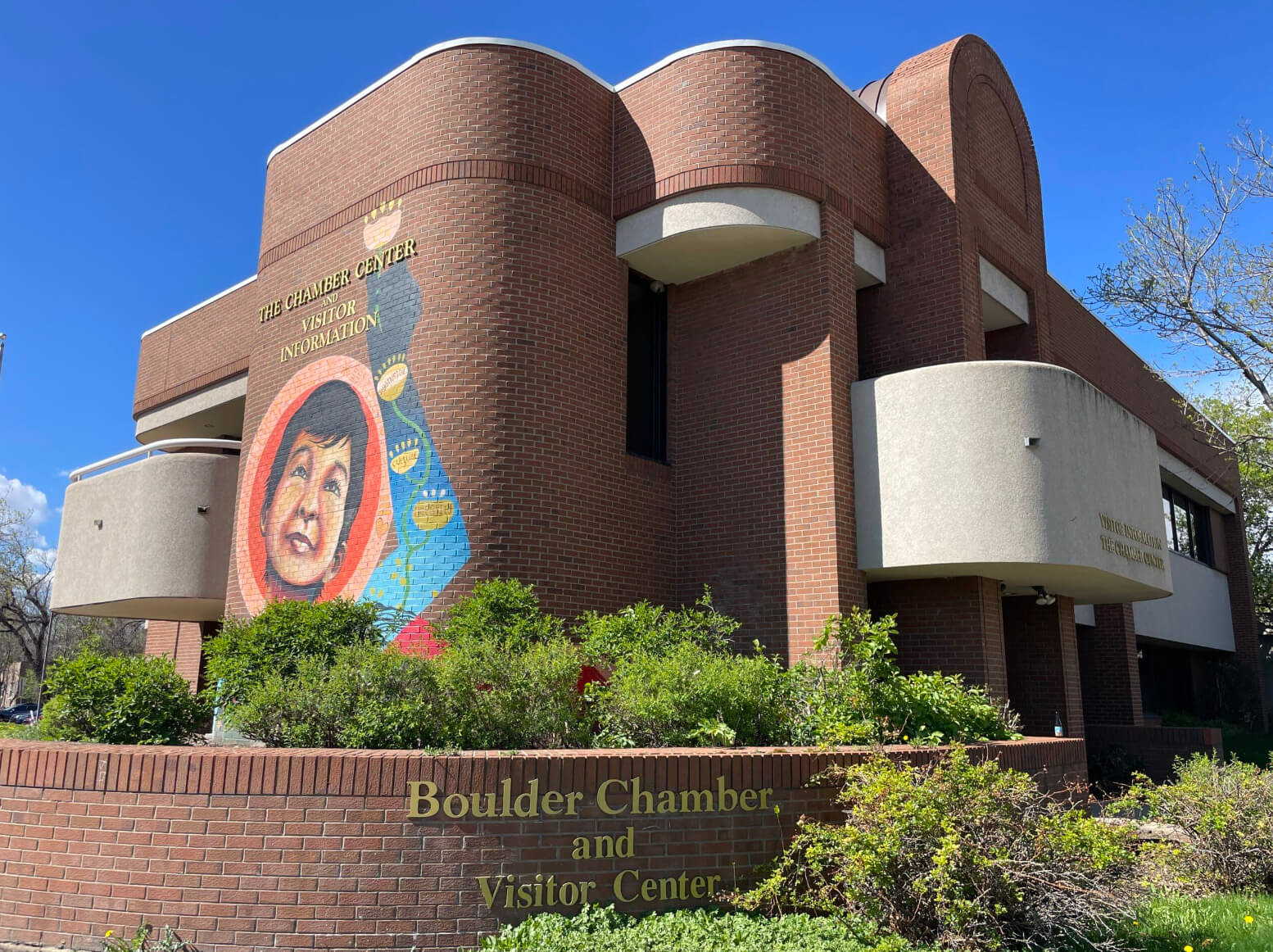Tayer: All I Want is Mutual Respect

January 2, 2025
Originally published by BizWest on December 23, 2024.
Every year, the policy advisory group for the Boulder Chamber, our Community Affairs Council, hosts a Holiday Party with invited elected civic officials. It’s a chance to thank them for their service, sincerely, knowing the difficult challenge they face in addressing community concerns. Even more important, as I offered in my brief remarks, is the foundation of our most productive work together: friendship built on mutual respect.
Amid today’s fraught political environment, and in the face of highly consequential potential economic risks for our community, as if appealing to St. Nick, I emphasize the need to uphold that core principle of “mutual respect.”
Though it shocks me to say it, I’ve been working in this town for nearly 33 years. In that time, I’ve spent six years in the Boulder city manager’s office, 13 years working in local public affairs for a pharmaceutical company, six years as an elected Regional Transportation District board director and now 12 years with the Boulder Chamber. I offer that not as a badge of honor or a license to declare some sort of righteous authority, but only to give credence to the unique perspective — from multiple civic and business angles — I’ve had to observe a significant chunk of this town’s evolution and the policy battles that helped shape the community we enjoy today.
During that time, there is no doubt that many of the Chicken Little cries I’ve heard from the business community that the sky will fall as a result of certain policy decisions have proved overblown. Adoption of affordable housing-excise taxes, as an example, didn’t kill residential or commercial development (though the taxes are now too high) and few of us can imagine life without the smoking ban, despite initial concerns over lost business to other towns (which now all mimic Boulder’s smoking ban). That is to say, the fears of business leaders aren’t always well-founded.
But, to be clear, I also know our business leaders have a pretty strong track record regarding the impacts of government policies on our businesses and the economy. I reflect on the battle over keeping West Pearl closed to traffic following the initial COVID-19 pandemic period. Our restaurants and retailers said it was having a terrible impact on their businesses. Initially, our policy leaders didn’t listen . . . until they saw the stagnant sales tax reports for West Pearl due to the drop in customer access.
Or maybe you remember the Boulder Chamber opposing efforts to municipalize our electric system. We said it would be too costly and difficult a path toward achieving our clean energy and service reliability goals. More than $25 million and 10 years later, with very little to show for the effort, the City of Boulder dropped its municipalization efforts. Far be it from us to say, “We told you so,” but . . .
So what’s the point? When we’re working to address challenging community issues, there is no definitive arbiter regarding projections for the future. Government policies have unpredictable ramifications. More to the point, they often have predictable ramifications, but clues, evidence and worthy input were missed or, too often, dismissed. The results can be aggravating (think what $25 million for electricity municipalization could have done to address business needs and community concerns, including climate protection). Worse, they can be disastrous for impacted individuals and businesses (consider the lost restaurants — along with the tax revenue and jobs — that might have survived on West Pearl).
We are, therefore, grateful when a Boulder City Council majority truly hears the voice of our business community — our concerns and suggestions for a better path forward — and either reverses course or, better yet, avoids going over the policy cliff.
We have some very consequential issues on the table for our community in 2025. City Council will be considering, for example, the form-based code for east Boulder. When businesses tell us that forcing them to marry their expansion with another small commercial space will be incompatible with their operations or that mandated housing will replace important industry investment opportunities, we need our elected leaders to truly hear and process these concerns. The risk to our fragile economic engine is real.
Or, at a time when roughly 20% of the respondents to a recent Downtown Boulder and Visit Boulder survey of local restaurants report that they are “struggling significantly,” our city leaders need to listen. Put simply by one respondent, raising the minimum wage will “will probably force us to close our doors eventually.” It’s not just about their own livelihoods, it’s about the loss of well-paying jobs restaurants offer their workforce and about their contribution to community character that drives our economic vitality.
No, this isn’t the usual ho, ho, ho, holiday column, but I know our future can be merry and bright. We just need to avoid talking past each other. I can pledge that the business community will listen to the concerns and solutions our civic leaders offer. At the same time, we seek that same level of mutual respect. That may not be all I want for the holidays and beyond, but at least it’s something I think St. Nick and our community can deliver.
